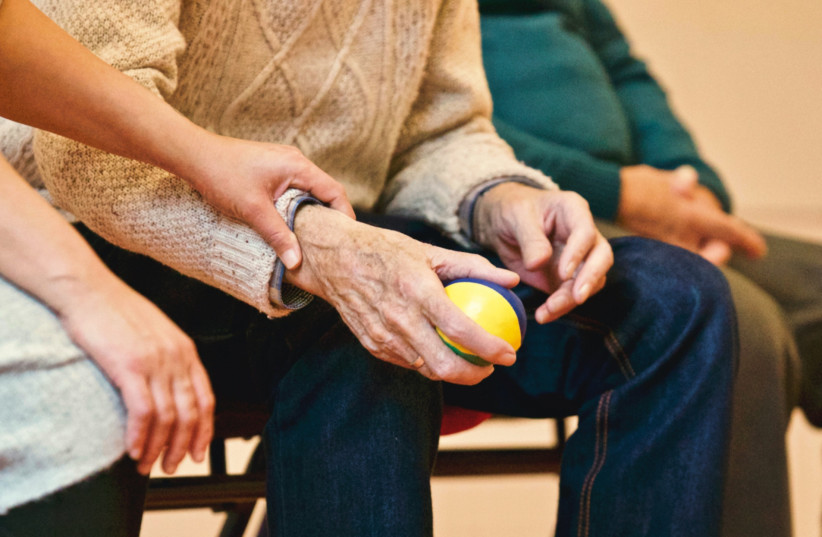The incidence of dementia due to neurodegenerative diseases has increased exponentially over the past half-century along with higher longevity.
People who “exercise” their brains with crosswords, sudoku, extensive reading and the like are known to have a lower risk of developing Alzheimer’s disease and other types of dementia when they get older.
Lower risk of dementia?
Yet it has now been discovered in a very large meta-analysis that even without doing something, one can passively have a lower risk thanks to a having a specific personality. People with traits such as conscientiousness, extraversion and having a positive outlook are less likely to be diagnosed with dementia than those with neuroticism and a negative attitude, according to a new analysis by researchers at the University of California, Davis and Northwestern University in Illinois.
The difference was not linked to physical damage to brain tissue found in dementia patients, but more likely to how certain personality traits help people navigate dementia-related impairments. The work has just been published in Alzheimer's & Dementia: The Journal of the Alzheimer's Association under the title “Personality predictors of dementia diagnosis and neuropathological burden: An individual participant data meta-analysis.”

Previous studies have tried to establish links between personality traits and dementia, but these were mostly small and represented only specific populations, said UC Davis psychology Prof. Emorie Beck, who was the first author on the paper.
“We wanted to leverage new technology to synthesize these studies and test the strength and consistency of these associations,” Beck said. If those links hold up, then targeting personality traits for change in interventions earlier in life could be a way to reduce dementia risk in the long term, she said.
Beck and colleagues analyzed data from eight published studies including over 44,000 people, of whom 1,703 developed dementia. They looked at measures of the “big five” personality traits – conscientiousness, extraversion, openness to experience, neuroticism and agreeableness –and subjective wellbeing – positive and negative affect, and life satisfaction. They compared the results to clinical symptoms of dementia (performance on cognitive tests) and brain pathology at autopsy.
Personality is typically thought to be linked to dementia risk through behavior, Beck said. For example, people who score high on conscientiousness may be more likely to eat well and take care of their health, which results in better health in the long term.
The researchers found that high scores on negative traits like neuroticism, negative and low scores on a positive outlook were linked with a higher risk of a dementia diagnosis. High scores on openness to experience, agreeableness, and life satisfaction had a protective effect in a smaller subset of studies.
To their surprise, however, no link was found between these personality traits and actual neuropathology in the brains of people after death. “This was the most surprising finding to us,” Beck said. “If personality is predictive of performance on cognitive tests but not pathology, what might be happening?”
One explanation is that some personality traits could make people more resilient to the damage caused by diseases such as Alzheimer’s. People with higher levels of some traits may find ways – whether they are aware of it or not – to cope with and work around impairments. Other work by members of the study team has shown that some people with quite extensive pathology can show little impairment on cognitive tests.
Some personality traits linked with dementia diagnoses
Overall, the study provided strong evidence that neuroticism, conscientiousness, and negative outlooks are linked with dementia diagnoses across samples, measures, and time.
The researchers also looked at other factors that could moderate the relationship between personality and dementia risk and neuropathology, including age, gender and educational attainment, but they found almost no evidence for effects, except that conscientiousness’s protective effect increased with age,” Beck concluded.
